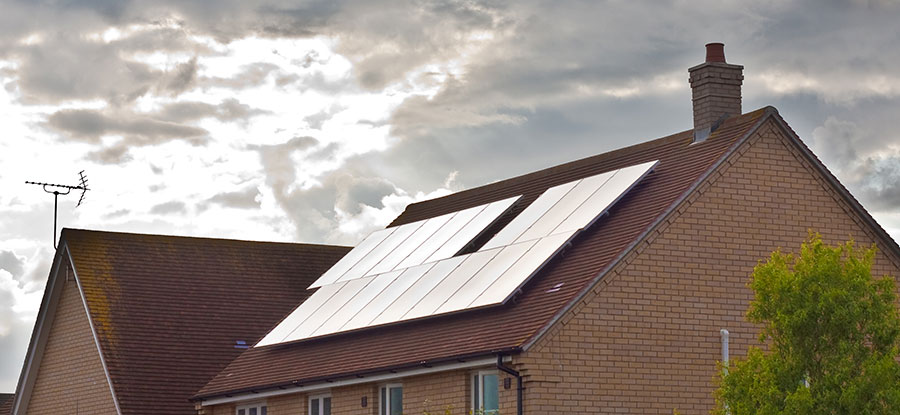
Climate change hitting number of garden birds
One noticeable effect of climate change is that fewer wild birds are visiting UK gardens, said Midlands green energy expert Ron Fox.
He was commenting on a report by the Royal Society for the Protection of Birds (RSPB) which said greenfinches, starlings and sparrows had seen the biggest decline.
It comes as the conservation charity launched its annual Big Garden Birdwatch, the world’s biggest wildlife citizen science project, from January 26-28 this year with around half a million people from all round Great Britain taking part in the count.
“It is sad that these once plentiful species are affected by the climate emergency and are being spotted much less frequently now than when the survey was launched 45 years ago,” said Ron, of Noreus Ltd, which is based at Keele University’s Science and Innovation Park.
“Two decades ago, volunteers who spent an hour watching in their gardens or from their balcony or in a local park spotted an average of 28 birds; now the figure is down to 24.”
The environment expert said climate change was affecting bird populations because of changes in the seasons. When spring comes early, for example, birds breed sooner than usual and that means their offspring can sometimes face sudden changes in temperature or a shortage of food.
Other effects are the loss of permanent pasture, increased use of farm chemicals and a shortage of food and nesting sites in many areas.
The RSPB survey was supported by the British Trust for Ornithology which last year found that almost half of all UK birds are in decline, with numbers falling by 72 million since 1970.
Greenfinches, whose numbers are down by 60 per cent, have also been hit by trichomonosis, a disease carried by a parasite that can live on dirty birdfeeders – that’s why they must be cleaned regularly.
Also affected are sparrows and starlings with numbers of the latter falling by more than 80 per cent over the last four and half decades.
But the bird charities said that most of that decline happened before 2000. Since then, there has been a small but welcome upturn in numbers of sparrows, greenfinches, goldfinches, woodpigeons and parakeets.
Goldfinches did not even make the top 15 in the bird rankings in 1979. Now they are up in seventh place, benefitting from the increase in birdfeeders in the UK.
Woodpigeons are up from 13th place to fourth position with sightings up tenfold.
Another winner is the long-tailed tit. It did not feature in the top 15 species when the charity’s Big Garden Birdwatch (BGBW) began in 1979, but now it regularly appears in the top 10. Ironically, climate change has made conditions in the UK more favourable for the bird, according to the RSPB.
Ron said there were ways people could help birds thrive. He suggests:
- Putting out some food by putting up a birdfeeder or leaving some kitchen scraps on a windowsill.
- Giving birds some plant cover if possible. Dense bushes and shrubs are great especially if they produce seeds and berries birds can eat.
For more advice on green energy and helping the environment contact Ron Fox, on 01782 756995.
Caption: Birdfeeders can help stop the fall in the number of birds visiting UK gardens.




